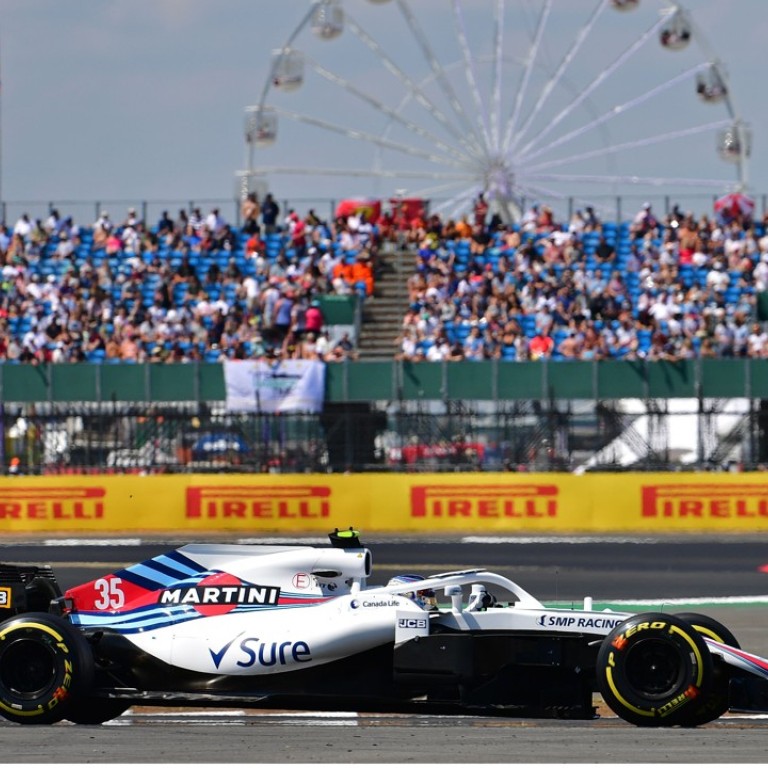
Exclusive | Williams Formula One team in race to adopt AI system
The third most successful team in Formula One history is looking to adopt AI in a quest to improve its performance and stay competitive in the sport
Williams, the Formula One team, is on the lookout for technology companies that they can collaborate with in applying artificial intelligence (AI) to help improve their racing performance.
“We’re looking for technology and if we can get access to the latest technology before our competitors, that gives us the edge,” Williams chief information officer Graeme Hackland said in an interview at the RISE technology conference in Hong Kong on Tuesday. “We handle a lot of data and as of now most of it is analysed manually.”
Williams generates about 800 gigabytes of on-track data in each round of the 21-race Formula One season, from information about the engine and tyres to weather and video footage. All of that data is currently processed by specialists, who might then narrow down a segment of the race and send it to the engineers for a closer look.
By employing AI technologies, such as machine learning, and big data, Williams hopes to be able to identify correlations between the multitude of variables that were previously not possible using just human experts, according to Hackland.
The British racing team now uses cloud software from technology company Acronis to back up and protect its telemetry data and other crucial information.
Telemetry refers to the automated communications process used to remotely collect and monitor statistical data, and forward it to a centralised computing system for analysis.
If we can get access to the latest technology before our competitors, that gives us the edge
“Interest and awareness of AI is at fever pitch,” David Schubmehl, research director for cognitive and AI systems at IDC, said in a report in March. “Every industry and every organisation should be evaluating AI to see how it will affect their business processes and go-to-market efficiencies.”
Global spending on cognitive and AI systems is forecast to reach US$19.1 billion this year, up 54.2 per cent from last year, according to IDC.
The technology research firm predicted that retail will overtake banking this year to become the industry leader in terms of cognitive and AI spending. Those are followed by so-called discrete manufacturing, which includes automated preventive maintenance and recommendation systems, and health care industries.
Despite the access to hi-tech tools, Hackland said humans remain crucial to motor sports. “We now have the technology to enable robo racing, but seriously, who gets excited about a bunch of machines racing each other?” he said. “You need the human drama, the driver coming out celebrating their wins, so humans will remain central to what we do for a long time.”
“A lot of times, the drivers tell the engineers there’s something wrong with the car.” Hackland said. “The engineers say they’re not seeing anything on the data, but the drivers know their cars.”
So while the engineers sometimes make a change that they think will improve performance, if the drivers “don’t feel that it’s working, then it comes off”, he said.
That would be great news for Williams drivers Lance Stroll and Sergey Sirotkin, who have had a difficult season so far. Williams, recognised as the third most successful team in Formula One racing history behind Ferrari and McLaren, is languishing at the bottom of the 10-team constructor standings with four points after nine races so far this season.

